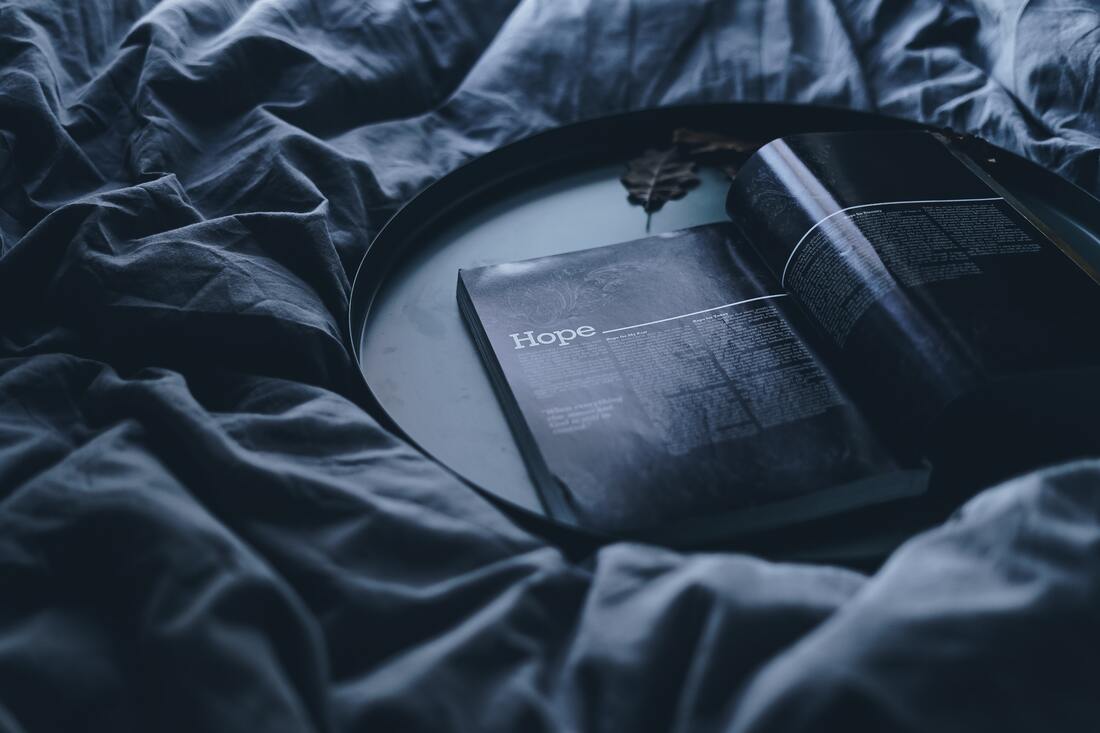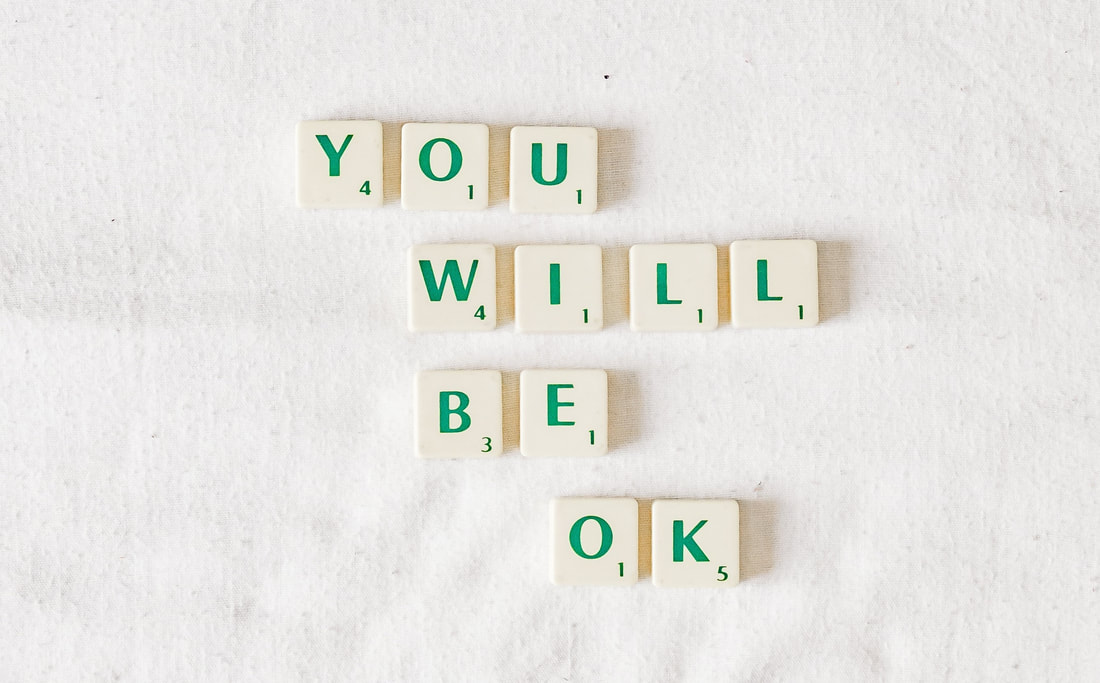|
By: Kristen Sohlman, MACP, RP The experience of coping with difficult situations, significant changes in life, and other life challenges might leave you feeling low in mood and even hopeless. The challenge with feelings of hopelessness is that this feeling carries with it a certain reality: that things won’t get better, that it is not worth trying, and that you might as well just give up. To have hope in a difficult situation is hard because of this reality. The trouble is that this may not be necessarily true. To have hope means that one has an expectation or a feeling that things will get better even when they are unsure how this will happen. It is to put trust or faith into something that you may not be feeling in the moment, that you cannot necessarily see in the present, and to risk being hurt or let down if that expectation is not met. If it is worth the risk, there are a few things that can help build hope in difficult situations: Ask for help. We can’t, and don’t have to, do it alone. If you are feeling hopelessness this is a good sign to ask for help. Many things become possible when others get involved. Asking a friend, family member, or counsellor can help you to see the situation differently and to get a different perspective. Change your goal. Knowing the difference between the things you can change and the things you cannot change is important. If you are faced with a situation that you cannot change, you can change your goal instead. For example, if you are experiencing a physical illness and you cannot do the things you normally do in a day, then the goal can become engaging in self-care and self-compassion. Do what you know you can do. Focus on finding purpose. While there is sometimes no good reason or purpose for things like illness, job loss, abuse, death, etc. there may be purpose in other things. Such things can include connecting with others, being creative, helping others, or learning more about yourself. Connect with those individuals with whom you live with by getting off of social media. Watch a movie together, go for a walk, play a game, and cook meals together. Connect with other family and friends whom you don’t live with by making that call, visiting, or setting up a game night (there are many online conferencing options where you can play games with a group!). Get creative by doing a hobby or an activity that is of interest to you. Consider how you can help others: can you volunteer, make a donation, engage in a small act of kindness, or can you offer a specific skill or talent to others. Take the time to reflect on your own life and feelings, and try journaling those reflections. Think in moments. When feeling hopeless it can be helpful to think and focus on the present moment. Be gentle and allow yourself to focus on just one thing right now. Give yourself permission to think about all other things later or identify a specific time to focus on something. If you find your mind racing, write down your thoughts and give yourself permission to come back to those thoughts at a later time. Practice mindfulness and being in the present moment, try meditation, deep breathing, or Progressive Muscle Relaxation. Remember that change takes time. If you are feeling hopeless, remember that changing your mood to a more hopeful one takes time. It is okay to feel how you are feeling in the moment. Hope means investing in the idea that things could get better. What is one small step you can take that could help? You might need to try several small steps in order to see significant results. Take things one action at a time, one day at a time, try to be patient, and then hope for change becomes possible.
|
|
OverviewNWO’s source for all things relationships, mental health, wellness, lifestyle, and pandemic support. Kelly Magazine is a mental health outreach initiative created by Kelly Mental Health and supported by Kelly Mental Health Foundation, a non-profit organization dedicated to improving the community in the area of mental health.
|
Magazine |
Follow Us |
In support of @kellymentalhealthfndn |
© COPYRIGHT. ALL RIGHTS RESERVED. WEB DESIGN BY KMH





